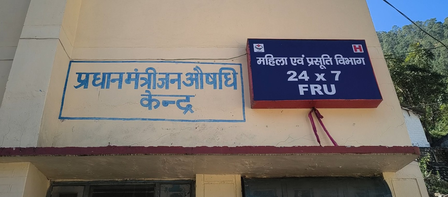
This breakthrough may play a pivotal role in enhancing our understanding of the prevention and treatment of this widespread form of malignancy.
Researchers hailing from the Vanderbilt-Ingram Cancer Center in the United States have undertaken an extensive transcriptomic-wide association study (TWAS) along with an alternative approach known as splicing-TWAS to bolster their gene discovery efforts.
TWAS serves as a genetic methodology that allows for the comparison of genetic elements responsible for gene expression with those contributing to a particular trait, enabling the determination of potential associations between the two components.
Regenerate




